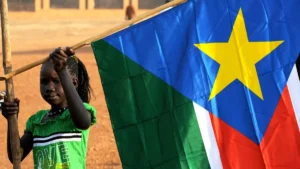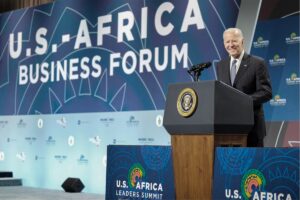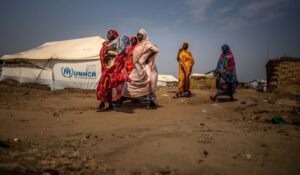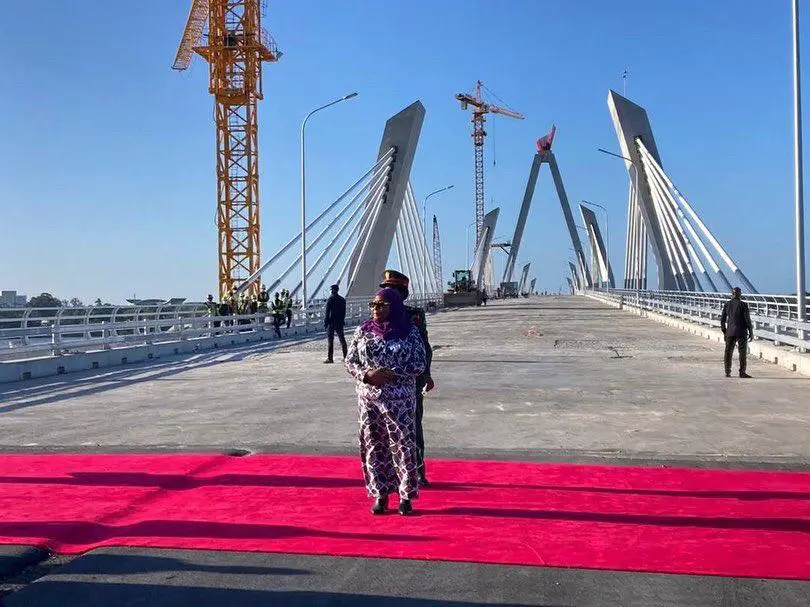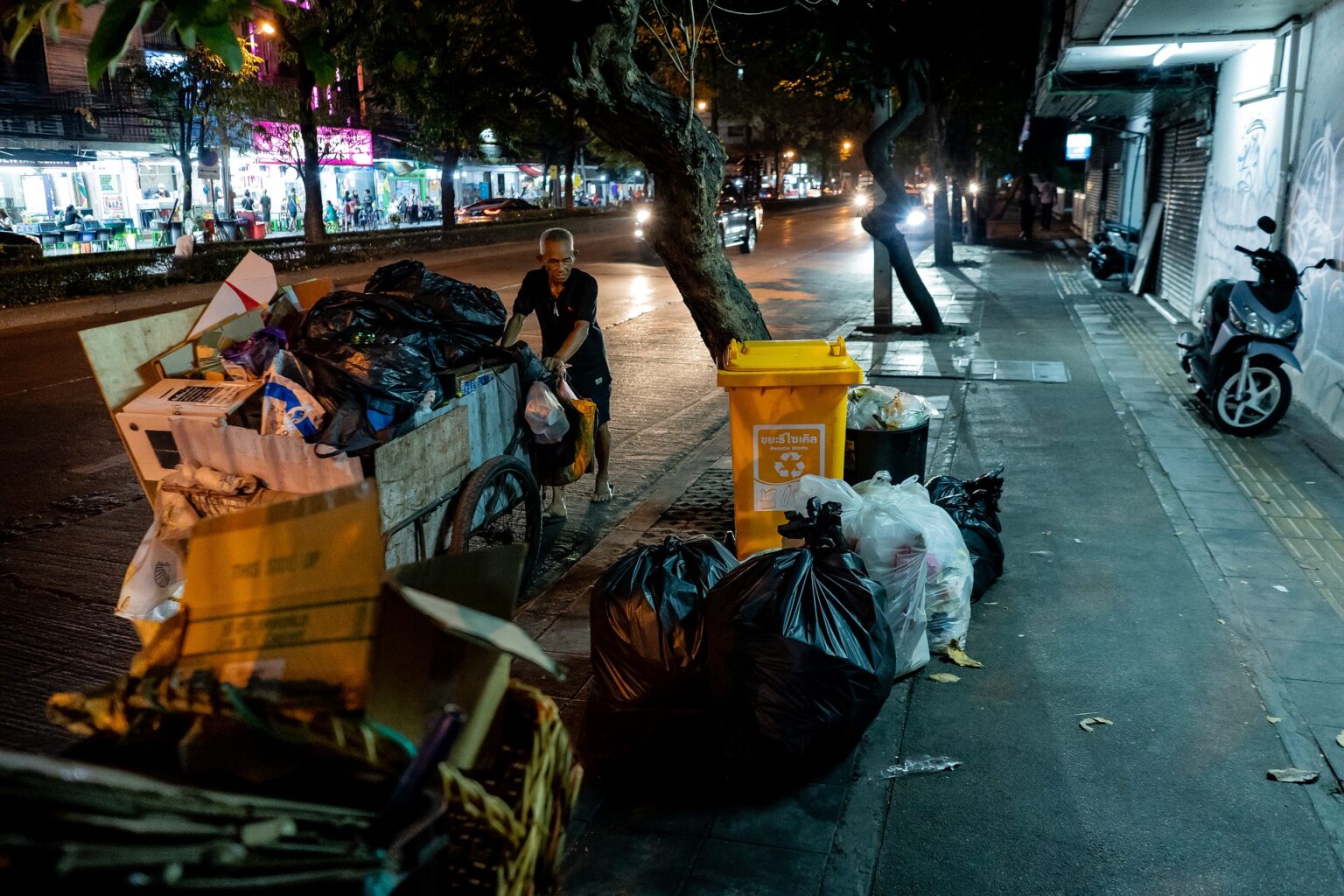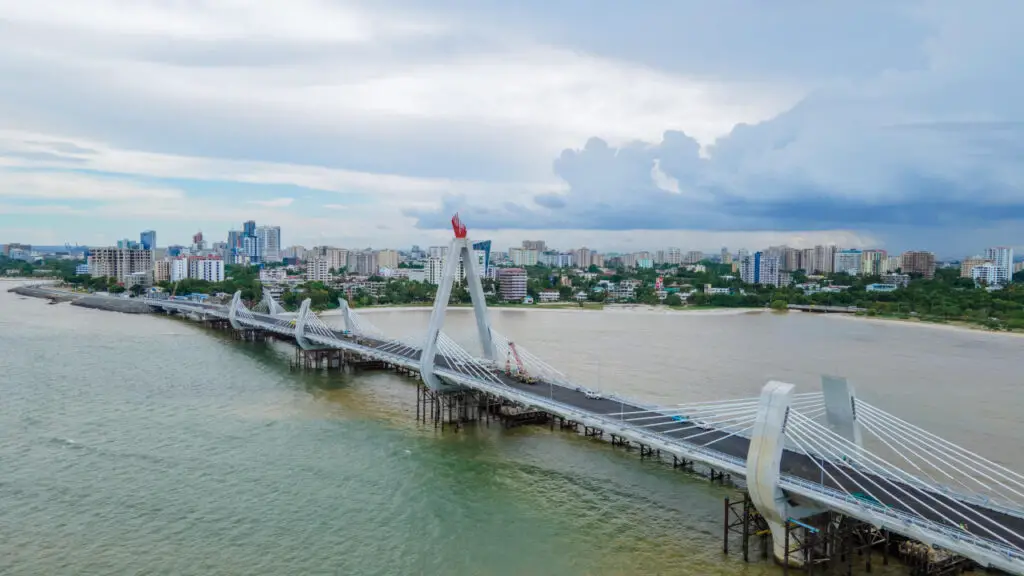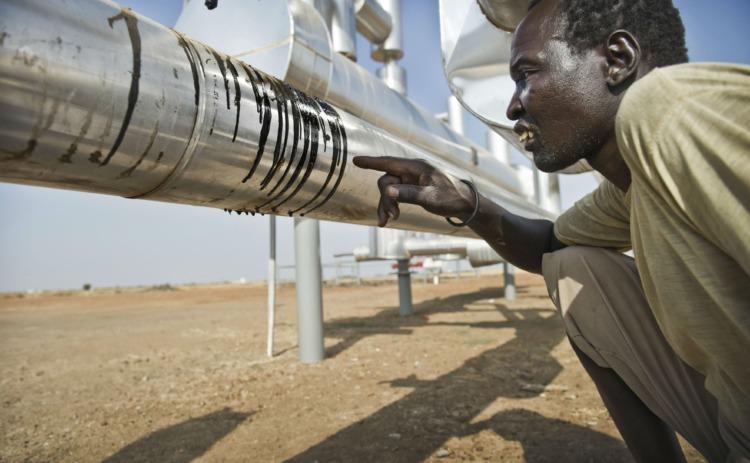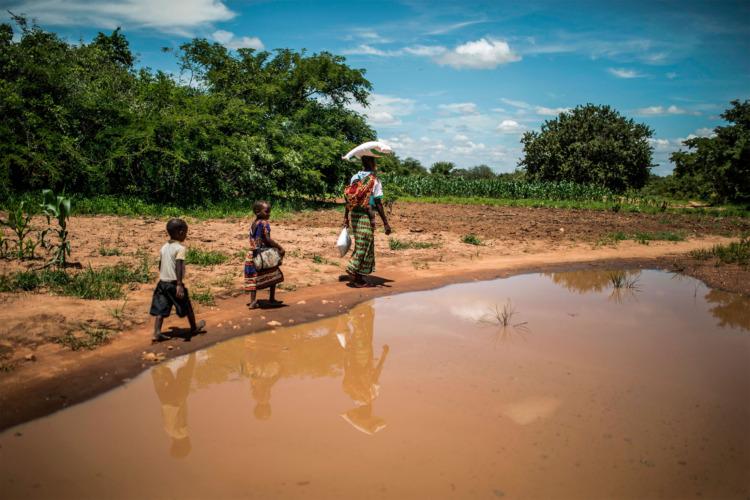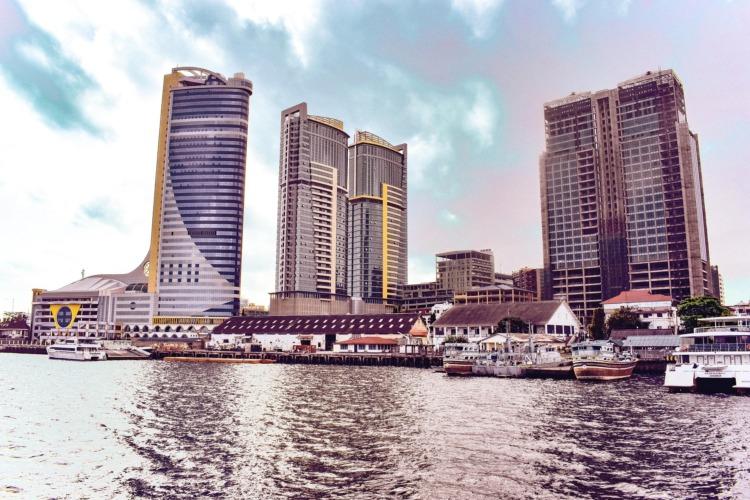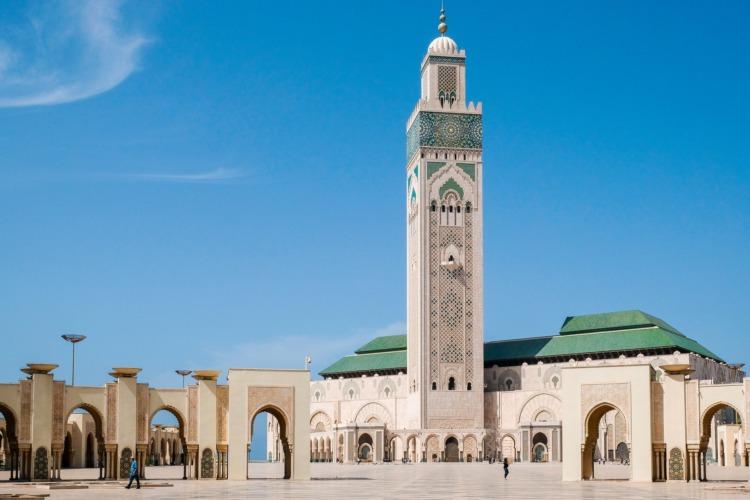- IMF’s Sub-Saharan Africa economic forecast shows 1.2 percent GDP growth
- The US Congress proposes extending Agoa to 2041, covering all African countries
- Millions at risk of famine as fuel tax row halts UN aid operations in South Sudan
- Empowering the Future: Humanity Protocol’s Dream Play Initiative
- TikTok Community Guidelines update aims to curb hate speech and misinformation
- Rwanda sees 39% surge in bank borrowers as Sacco and MFI loan uptake declines
- Kenya Ports Authority wins dispute case over cargo release
- Why Africa can reap billions from digital economy
Author: Padili Mikomangwa
Padili Mikomangwa is an environmentalist based in Tanzania. . He is passionate about helping communities be aware of critical issues cutting across, environmental economics and natural resources management. He holds a bachelors degree in Geography and Environmental Studies from University of Dar es Salaam, Tanzania.
- President Samia has doubled down on business and investment in Tanzania
- Tanzania has adopted a new tone towards foreign direct investment
- Tanzania is striving to become the best tourism hotspot in Africa
As a lower-middle-income country, Tanzania is putting in a considerable amount of work to build itself towards attaining its industrial revolution objective.
The industrial driven economy mission and energy inspired by the late President John Magufuli has spilt over to the incumbent presidency – under Samia Suluhu Hassan.
Over the past six years, Tanzania has taken tremendous steps towards achieving its primary objectives, including upgrading its economic status, which was done swiftly and within time.
With the entire globe faced with uncertainty propelled by the COVID-19 pandemic, Tanzania has remained relatively stable and accommodative to crucial sectors of the economy, such as banking by improving money supply and credit, information and communication, as well as agriculture.
Despite inflation …
- More people are becoming poor while few are getting extremely wealthy
- The pandemic has exacerbated the levels of inequality in the world
- South Africa is the most unequal country in Africa
Around one billion people live on less than one dollar per day, while the wealthiest 10 per cent of the population currently take 52 per cent of the global income and the poorest half just 8 per cent (World Inequality Report, 2022).
The World Inequality Report brings concise and up-to-date data on various aspects of global inequality. Hence, the report marks inequality as a constant thorn hurting the economies of developing nations, even after three decades of trade and financial globalization.
In terms of numbers, the report pointed out that during the first wave of the pandemic, global billionaires’ wealth grew by $3.7 trillion, which is equivalent to the total annual spending on public health by all governments in …
- The national debt is still a lingering thorn in the economy.
- Central banks point out monetary policy keeps money supply afloat.
- Current GDP is higher than last year’s 4.0 per cent in the same quarter.
Tanzania’s economy is progressing strongly despite global financial shocks propelled by the pandemic.
According to the economic bulletin produced by the central Bank of Tanzania (BoT), the economy grew by 4.3 per cent in the quarter ending September 2021 , which is higher than 4.0 per cent in the corresponding quarter in 2020 – mainly driven by agriculture, transport and storage, trade and repair, manufacturing, mining and quarrying, and construction.
On a comparative basis, Tanzania has stood relatively high compared to the African Development Bank’s optimistic forecast for real GDP growth of 4.1 per cent, contributed by improved performance of the tourism sector and the reopening of trade corridors.
READ: The 1.7M dollar buzz from …
- The costs for South Sudan conflicts could reach a staggering range of between $22 billion and $28 billion over the next five years.
- The cost of war shockingly overpowers the new nation’s 2021/2022 fiscal budget of around $2 billion.
- Poverty is ravaging South Sudan. South Sudanese people lack basic essential services, poor housing, land and property issues limit people returning home in large numbers
Numbers have been a better tool in analysing a very complex scenario, and in this case, South Sudan conflicts put it at a disadvantage economically.
According to a 2015 Oxfam report, depending on the intensity of the conflict, the costs for South Sudan conflicts could reach a staggering range of between $22 billion and $28 billion over the next five years.
The cost of war shockingly overpowers the new nation’s 2021/2022 fiscal budget of around $2 billion. These numbers show how wars suck the life out …
However, the DW report argued that just 18 per cent of GCF financing went to projects in the world’s poorest countries, while 65 per cent went to projects in middle-income countries like Mexico or India.
GCF is an essential partner towards Africa’s climate action. It is one of the most potent multilateral financing mechanisms available for the continent in supporting genuine-time climate action efforts.
Despite the underlying challenges within climate finance the region faces, it ought to be ready to harness GCF’s potential and become resilient as climate change impacts do not wait. …
- Africa’s technology adoption is a crucial factor for the smooth adoption of blockchain.
- Africa has some of the most highly ranked global crypto adoption indexes.
- Most African countries have not allowed crypto to be included in economic transactions.
As much as Africa struggles with technological challenges, including the digital divide, still, the second-most populous continent has stood high when it comes to cryptocurrency adoption, bringing the crypto market to $105.6 billion by the year ending June 2021.
In countries such as Tanzania, Kenya, South Africa, and Nigeria (ranked in the top 20 Global Crypto Adoption Index), fintech has taken a serious step towards serving millions of unbanked citizens. These nations have taken another step—they have been a significant catalyst in promoting cryptocurrency’s growth, thanks to the vast expansion of smartphone use which ultimately leads to accessing blockchain networks.
According to a September 2021 publication by The African Report, crypto adoption …
Since November 2020, Tigray’s rebel forces have been fighting Ethiopia’s military forces, leaving hundreds in humanitarian crises and with countless deaths. This poses a threat to the rest of the region and to Ethiopia’s development initiatives. Ethiopia’s two neighbouring countries, South Sudan and Somalia, are also in deep civil conflict.
The World Bank (WB), one of Ethiopia’s close development partners, argues that its location gives this nation of more than 112 million people a strategic dominance as a “jumping-off” point in the Horn of Africa, close to the Middle East and its markets.
The second most populous country with the fastest growing economy in the region has impressed the globe with its development pace, from enhancing its aviation power to increasing infrastructure to make the country more accessible and up to speed. …
- Gold exports accounted for 43 per cent of goods exported by the year ending September 2021
- The Tanzanian shilling is argued to be stable against the US dollar
- Still, debt is a thorn to the Tanzanian government as it stands at more than $33 billion
The central bank of Tanzania released its monthly economic review report on 11 November, for October 2021, and it depicts the economy to be stabilised, despite a few sectors showing some decline in performance.
One of the most promising notes in the report is the stability of the shilling against the US dollar, “trading at an average rate of Tshs. 2,309.62 per US dollar in September 2021, compared to Tshs. 2,310.88 per US dollar in the preceding month,” the report noted.
Inflation
On this crucial sector of the economy, the report noted that inflation remained within the target of 3.5 per cent for the years …
- North Africa GDP was negative -1.1 per cent (2020) and -5.1 percentage point drop over 2019
- But the region is expected to recover pre-pandemic, propelled by oil and tourism industry
- Vaccination is still an important element in supporting the region towards recovery
The African Development Bank (AfDB), one of Africa’s multilateral development finance institutions, has released its 2021 edition of the North Africa Economic Outlook published on November 3, noted several interesting developments, including the potential for the economy to rebound attributed to performance in oil and tourism.
The COVID-19 pandemic trapped North Africa in economic uncertainty, as growth was hugely affected, causing serious shocks in oil prices and a drop in tourism.
The bank report noted that real GDP growth was negative in 2020 at – 1.1 per cent and – 5.1 percentage point drop over 2019. This situation pulled different sorts of reactions to curb the impacts, such …
- US, EU pledge to cut global methane and greenhouse gas emissions by at least 30 per cent by 2030.
- 16 Southern African Development Community (SADC) states have recorded 36 per cent of all weather-related disasters in Africa.
- China, the world’s largest emitter of methane, India and Russia are not part of a pledge to cut down emissions.
The 26th Conference of Parties (COP26) has demonstrated to the world action towards climate change is possible.
As heads of state converge and pledge crucial issues including, the US and European Union announced a global methane pledge, cutting emissions of greenhouse gas by at least 30 per cent by 2030.
The conference, which is attended by countries that signed the United Nations Framework Convention on Climate Change (UNFCCC), has been drawing international attention as climate change impacts the global economy, especially developing economies across the world.
In that context, Africa as a region …
